Uncategorized
Why One of Uniswap DAO’s Most Outspoken Members Just Walked Away in Frustration

One of the Uniswap DAO’s top contributors walked away in frustration on Monday amid concerns that other stakeholders wield too much power over the decentralised protocol.
Pepo, a pseudonymous delegate whom other token holders entrusted to vote on their behalf, had participated in Uniswap’s governance since 2023. He wielded 455,000 UNI tokens, making him one of the top 20 largest delegates.
The reason for the departure? Other organisations involved in the running of Uniswap — primarily the nonprofit Uniswap Foundation — have pushed aside the opinions of DAO members and have been unreceptive to feedback, Pepo said in an X post.
“The Foundation’s behavior seems to have prioritized insulation over collaboration, and in doing so, may have actively harmed Uniswap,” Pepo said.
Devin Walsh, Executive Director of the Uniswap Foundation, didn’t provide direct comment to CoinDesk when asked about the accusation. However, she did provide a rebuttal on social media.
“Delegate participation is essential to the success of the Uniswap ecosystem,” she said on X. “The Uniswap Foundation takes their feedback seriously.”
Uniswap is the biggest decentralized exchange with some $4 billion worth of deposits, down 60% from its peak of nearly $10 billion total-value-locked during 2021-2022, according to DefiLlama data.
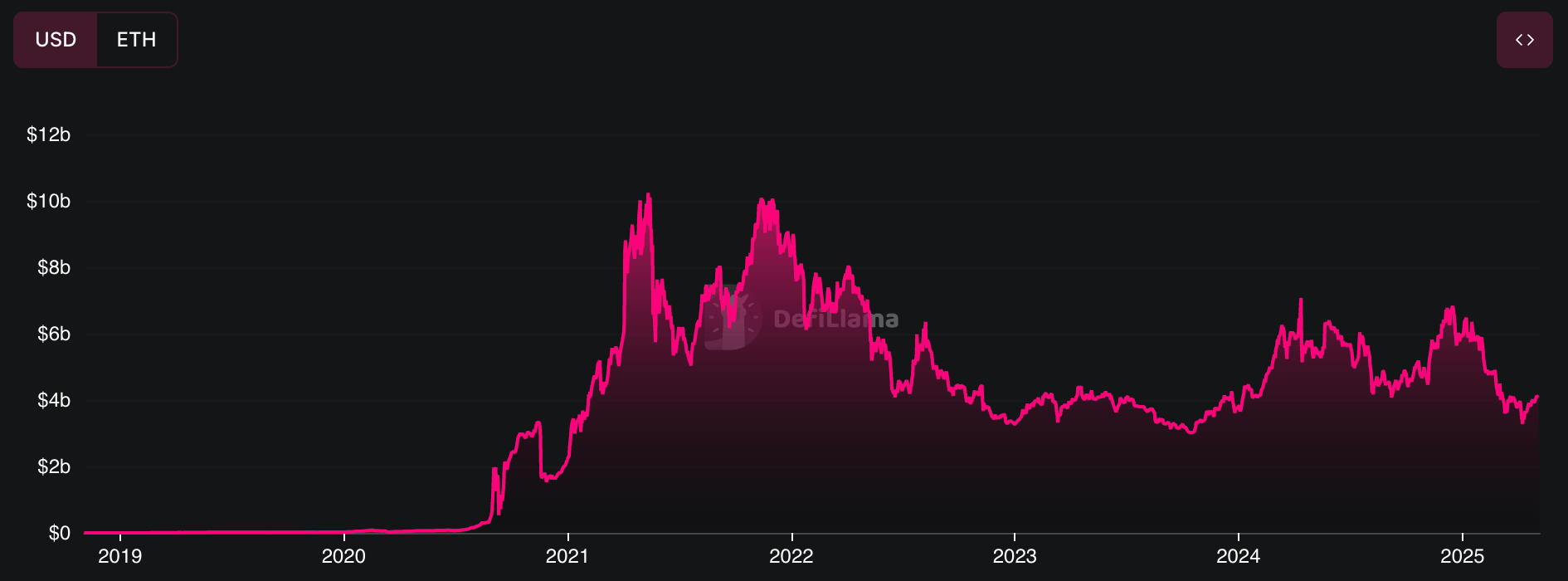
Like many DeFi protocols, Uniswap is controlled and managed through a somewhat byzantine structure.
The protocol was created by Uniswap Labs, a for-profit company which is also responsible for its continued development. The Uniswap Foundation, a nonprofit, is tasked with supporting Uniswap and its community, while protocol changes and allocation of resources is controlled by the Uniswap DAO, a type of crypto collective governed by holders of the UNI token.
In March, the DAO granted the foundation $165 million to boost Uniswap ecosystem growth and development. This gave the foundation a mandate to do certain things in pursuit of its goals without directly consulting the DAO.
Some, like Pepo, feel the Uniswap Foundation’s actions are putting the DAO’s interests behind those of itself and Uniswap Labs.
This situation highlights the persistent struggle to balance the interests of DeFi protocol token holders with those of other stakeholders.
Not the first time
Pepo isn’t the only one to highlight a perceived lack of DAO control at Uniswap.
In October, Billy Gao, vice president of Stanford Blockchain Club, a Uniswap delegate, said Uniswap Labs’ sudden decision to launch its own blockchain “raised serious questions about DAO governance.”
Gao argued that the Uniswap DAO should have been told about the blockchain ahead of time and allowed to weigh in on key decisions in its implementation. “It calls to question (once again) how decentralized [Uniswap’s] governance actually is,” he said.
Uniswap Labs did not immediately respond to a request for comment.
Others have questioned how the Uniswap Foundation uses the funds granted to it, and have complained that it isn’t transparent enough about its spending and decision making.
“Transparency and communication are values that many delegates agree with,” Doo Wan Nam, Co-founder of DAO governance solutions provider StableLab, a Uniswap delegate, told CoinDesk. “There have been improvements.”
On May 1, the Uniswap Foundation responded to criticism by creating a Foundation Feedback Group, intended to ensure effective communication and strengthen accountability between the foundation and the DAO.
Additionally, as a nonprofit company, the foundation must legally publish its finances.
But the problem is that for some delegates, it’s not enough.
“It’s a loss for any DAO whenever a delegate feels the only way to make an impact is through stepping down,” PaperImperium, Governance Liaison at Uniswap DAO delegate GFX Labs, told CoinDesk.
Behind the scenes
Some governance participants also complained that a lot of Uniswap DAO communication and decision-making happens privately, instead of publicly on the Uniswap governance forums.
This has led to complaints that major decisions are all agreed on by large delegates behind closed doors before going to a public vote.
It’s necessary for proposals to receive a degree of feedback before being presented publicly, Nam said.
It’s not unlike traditional governance. “Congressmen won’t just blindly write bills without talking to relevant stakeholders or other Congressmen,” Nam said.
But it’s a double-edged sword. As DAOs mature, there’s also a sense that they are becoming more about politics and appearances rather than pursuing what’s best for the protocol.
Multiple Uniswap delegates declined to comment to CoinDesk when asked about the complaints highlighted by Pepo.
Uncategorized
Crypto Daybook Americas: Bitcoin, Ether Rise After Court Nixes Trump’s Tariffs

By Omkar Godbole (All times ET unless indicated otherwise)
Bitcoin BTC rose and stock index futures surged early Thursday after a U.S. court declared President Donald Trump’s broad-based tariffs regime invalid. The positive sentiment was buoyed by AI giant Nvidia’s upbeat earnings.
On-chain data showed large wallets, those holding over 10,000 BTC, have shifted to selling from buying as the largest cryptocurrency holds close to its record high, with an increase in exchange deposits also pointing to selling pressure. Meanwhile, options market data signaled potential for volatility ahead of Friday’s monthly settlement.
Ether ETH, the second-largest cryptocurrency by market value, jumped to $2,780, the highest since Feb. 24, consistent with the bullish signals from the derivatives market. The token has been bid this week, supposedly on SharpLink’s $425 million Treasury plan. Notably, U.S.-listed spot ether ETFs saw a net inflow of $84.89 million on Wednesday, extending their streak to eight consecutive days.
Canada-listed investment firm Sol Strategies said it filed a preliminary prospectus with local securities regulators to raise up to $1 billion to boost its investment in the Solana ecosystem. Still, SOL was flattish at around $170.
In the broader market, TON, PEPE and FLOKI led other coins higher while FARTCOIN, PI and JUP nursed most losses. Open interest in TON perpetual futures surged 33% to $190 million, clocking the highest since Feb. 18.
Stablecoin issuer Circle froze wallets connected to the Libra token containing millions of dollars worth of USDC. Metaplanet issued $21M in bonds to finance more bitcoin purchases.
In traditional markets, some investment banks said Trump has other tools to sidestep the court ruling on tariffs. Yields on the longer duration Treasury notes ticked higher, suggesting dollar strength. Stay alert!
What to Watch
- Crypto
- May 30: The second round of FTX repayments starts.
- May 31 (TBC): Mezo mainnet launch.
- June 6, 1-5 p.m.: U.S. SEC Crypto Task Force Roundtable on «DeFi and the American Spirit«
- Macro
- May 29, 8 a.m.: The Brazilian Institute of Geography and Statistics (IBGE) releases April unemployment rate data.
- Unemployment Rate Est. 6.9% vs. Prev. 7%
- May 29, 8:30 a.m.: The U.S. Bureau of Economic Analysis (BEA) releases Q1 GDP data.
- GDP Growth Rate QoQ (2nd estimate) Est. -0.3% vs. Prev. 2.4%
- GDP Price Index QoQ (2nd estimate) Est. 3.7% vs. Prev. 2.3%
- GDP Sales QoQ (2nd estimate) Est. -2.5% vs. Prev. 3.3%
- May 29, 2 p.m.: Fed Governor Adriana D. Kugler will deliver a speech at the 5th Annual Federal Reserve Board Macro-Finance Workshop (virtual). Livestream link.
- May 30, 8 a.m.: The Brazilian Institute of Geography and Statistics (IBGE) releases Q1 GDP data.
- GDP Growth Rate QoQ Est. 1.4% vs. Prev. 0.2%
- GDP Growth Rate YoY Est. 3.2% vs. Prev. 3.6%
- May 30, 8 a.m.: Mexico’s National Institute of Statistics and Geography releases April unemployment rate data.
- Unemployment Rate Est. 2.5% vs. Prev. 2.2%
- May 30, 8:30 a.m.: Statistics Canada releases Q1 GDP data.
- GDP Growth Rate Annualized Est. 1.7% vs. Prev. 2.6%
- GDP Growth Rate QoQ Prev. 0.6%
- May 30, 8:30 a.m.: The U.S. Bureau of Economic Analysis (BEA) releases April consumer income and expenditure data.
- Core PCE Price Index MoM Est. 0.1% vs. Prev. 0%
- Core PCE Price Index YoY Est. 2.5% vs. Prev. 2.6%
- PCE Price Index MoM Est. 0.1% vs. Prev. 0%
- PCE Price Index YoY Est. 2.2% vs. Prev. 2.3%
- Personal Income MoM Est. 0.3% vs. Prev. 0.5%
- Personal Spending MoM Est. 0.2% vs. Prev. 0.7%
- May 30, 10 a.m.: The University of Michigan releases (final) May U.S. consumer sentiment data.
- Michigan Consumer Sentiment Est. 51 vs. Prev. 52.2
- May 29, 8 a.m.: The Brazilian Institute of Geography and Statistics (IBGE) releases April unemployment rate data.
- Earnings (Estimates based on FactSet data)
- None in the near future.
Token Events
- Governance votes & calls
- Arbitrum DAO is voting on a constitutional AIP to upgrade Arbitrum One and Arbitrum Nova to ArbOS 40 “Callisto,” bringing them in line with Ethereum’s May 7 Pectra upgrade. The proposal schedules activation for June 17, and voting ends on May 29.
- Sui DAO is voting on moving to recover approximately $220 million in funds stolen from the Cetus Protocol hack via a protocol upgrade. Voting ends June 3.
- May 29, 8 a.m.: NEAR Protocol to host a House of Stake Ask Me Anything (AMA) session.
- May 29, 2 p.m.: Wormhole to host an ecosystem call.
- June 4, 6:30 p.m.: Synthetic to host a community call.
- June 10, 10 a.m.: Ether.fi to host an analyst call followed by a Q&A session.
- Unlocks
- May 31: Optimism (OP) to unlock 1.89% of its circulating supply worth $24.43 million.
- June 1: Sui (SUI) to unlock 1.32% of its circulating supply worth $160.58 million.
- June 1: ZetaChain (ZETA) to unlock 5.34% of its circulating supply worth $11.18 million.
- June 12: Ethena (ENA) to unlock 0.7% of its circulating supply worth $15.83 million.
- June 12: Aptos (APT) to unlock 1.79% of its circulating supply worth $60.96 million.
- Token Launches
- June 1: Staking rewards for staking ERC-20 OM on MANTRA Finance end.
- June 16: Advised deadline to unstake stMATIC as part of Lido on Polygon’s sunsetting process ends.
- June 26: Coinbase to delist Helium Mobile (MOBILE), Render (RNDR), Ribbon Finance (RBN), & Synapse (SYN)
Conferences
- Day 3 of 3: Bitcoin 2025 (Las Vegas)
- Day 3 of 4: Web Summit Vancouver (Vancouver, British Columbia)
- May 29: Stablecon (New York)
- Day 1 of 2: Litecoin Summit 2025 (Las Vegas)
- Day 1 of 4: Balkans Crypto 2025 (Tirana, Albania)
- June 2-7: SXSW London
- June 19-21: BTC Prague 2025
- June 25-26: Bitcoin Policy Institute’s Bitcoin Policy Summit 2025 (Washington)
- June 26-27: Istanbul Blockchain Week
Token Talk
By Oliver Knight
- Markets on the Ethereum-based Cork Protocol remain paused after Wednesday’s $12 million smart-contract exploit.
- The attacker manipulated the smart contact’s exchange-rate function by issuing fake tokens, stealing 3,761.8 wrapped staked ether (wstETH) in the process.
- The exploit marked another attack on the decentralized finance (DeFi) industry just days after Sui-based Cetus Protocol lost $223 million to an exploit.
- TRM Labs estimates that $2.2 billion was stolen in crypto exploits and hacks in 2024.
- Ether remains unperturbed by the exploit, leading the market today on the back of renewed institutional interest and spot ETF flows. It is up 3.8% in the past 24 hours while bitcoin is down by 0.17%.
Derivatives Positioning
- TRX, XMR, ETH, LTC and BNB led major cryptocurrencies’ growth in perpetual futures open interest.
- Funding rates for majors, except TON, signal bullish sentiment, but nothing extraordinary.
- On the CME, ETH annualized one-month futures basis topped 10%, while BTC lagged at 8.7%.
- Signs of caution emerged on Deribit, with front-end BTC skew flipping to puts and ETH’s call skew softening. Block flows on Paradigm featured demand for short-dated BTC puts.
Market Movements
- BTC is up 1.15% from 4 p.m. ET Wednesday at $108,594.41 (24hrs: -0.29%)
- ETH is up 3.9% at $2,738.04 (24hrs: +3.63%)
- CoinDesk 20 is up 2.21% at 3,278.84 (24hrs: +0.66%)
- Ether CESR Composite Staking Rate is unchanged at 3.1%
- BTC funding rate is at 0.0057% (6.3006% annualized) on Binance
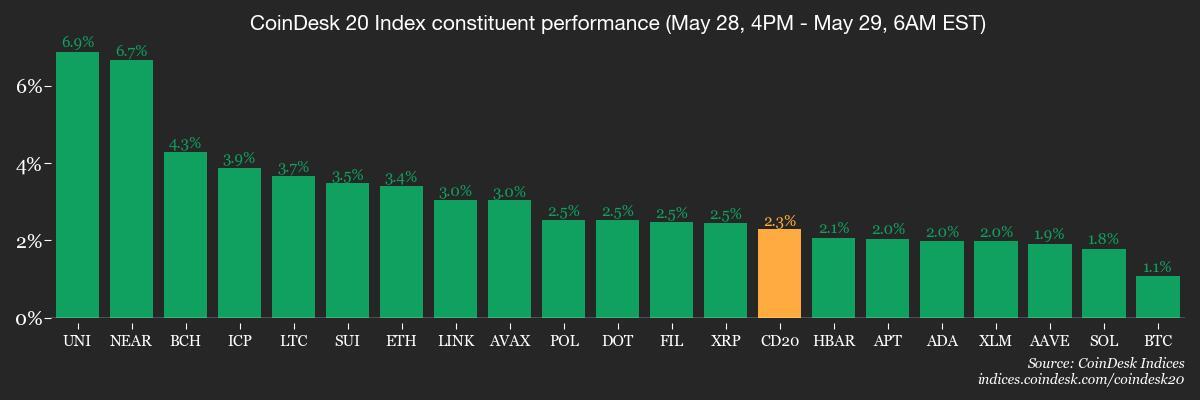
- DXY is up 0.12% at 99.99
- Gold is up 0.32% at $3,304.20/oz
- Silver is up 1.24% at $33.41/oz
- Nikkei 225 closed +1.88% at 38,432.98
- Hang Seng closed +1.35% at 23,573.38
- FTSE is unchanged at 8,724.05
- Euro Stoxx 50 is unchanged at 5,378.39
- DJIA closed on Wednesday -0.58% at 42,098.70
- S&P 500 closed -0.56% at 5,888.55
- Nasdaq closed -0.51% at 19,100.94
- S&P/TSX Composite Index closed unchanged at 26,283.50
- S&P 40 Latin America closed -0.76 at 2,599.53
- U.S. 10-year Treasury rate is up 6 bps at 4.54%
- E-mini S&P 500 futures are up 1.53% at 5,993.25
- E-mini Nasdaq-100 futures are up 2.03% at 21,814.25
- E-mini Dow Jones Industrial Average Index futures are up 0.96% at 42,576.00
Bitcoin Stats
- BTC Dominance: 63.71 (-0.06%)
- Ethereum to bitcoin ratio: 0.02517 (1.12%)
- Hashrate (seven-day moving average): 910 EH/s
- Hashprice (spot): $57.0
- Total Fees: 8.03 BTC / $868,310
- CME Futures Open Interest: 152,995 BTC
- BTC priced in gold: 32.8 oz
- BTC vs gold market cap: 9.30%
Technical Analysis

- The VIRTUAL token has topped the 38.2% Fibonacci retracement of the January-April crash.
- The break out above the widely tracked resistance could entice more buyers, yielding a bigger rally.
Crypto Equities
- Strategy (MSTR): closed on Wednesday at $364.25 (-2.14%), +2.43% at $373.09 in pre-market
- Coinbase Global (COIN): closed at $254.29 (-4.55%), +3.01% at $261.95
- Galaxy Digital Holdings (GLXY): closed at C$28 (-6.57%)
- MARA Holdings (MARA): closed at $14.86 (-9.61%), +4.04% at $15.46
- Riot Platforms (RIOT): closed at $8.38 (-8.32%), +2.86% at $8.62
- Core Scientific (CORZ): closed at $10.78 (-4.43%), +2.97% at $11.10
- CleanSpark (CLSK): closed at $9.11 (-7.61%), +3.62% at $9.44
- CoinShares Valkyrie Bitcoin Miners ETF (WGMI): closed at $17.27 (-5.32%)
- Semler Scientific (SMLR): closed at $41.32 (-4.77%), +2.95% at $42.54
- Exodus Movement (EXOD): closed at $25.94 (-25.35%), +11.6% at $28.95
ETF Flows
Spot BTC ETFs
- Daily net flow: $432.7 million
- Cumulative net flows: $45.31 billion
- Total BTC holdings ~ 1.21 million
Spot ETH ETFs
- Daily net flow: $84.9 million
- Cumulative net flows: $2.9 billion
- Total ETH holdings ~ 3.57 million
Source: Farside Investors
Overnight Flows
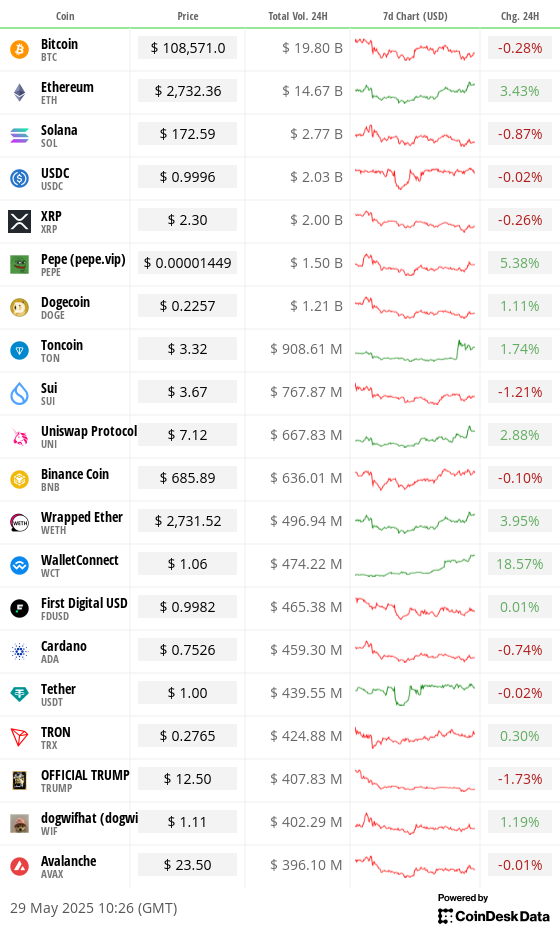
Chart of the Day
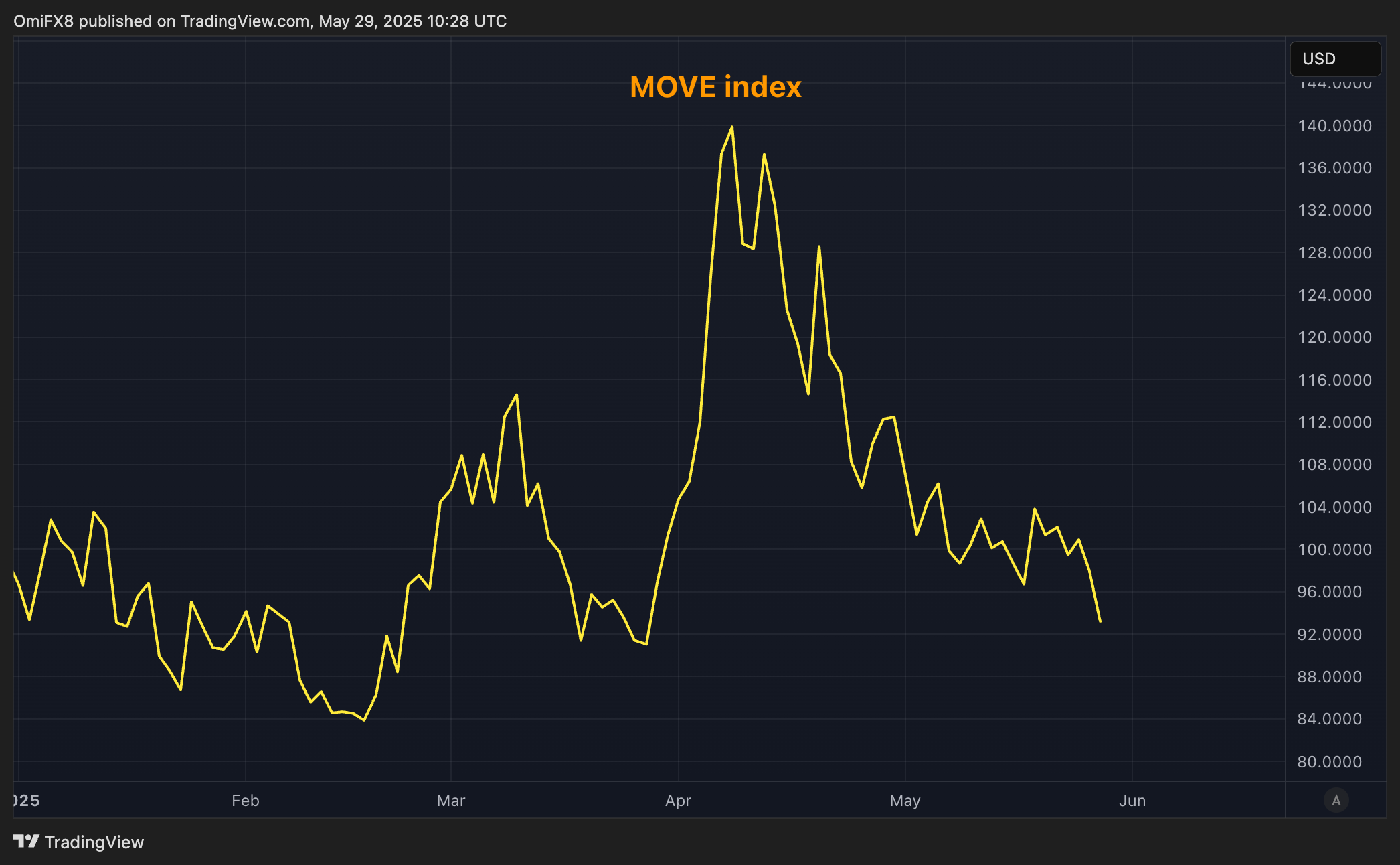
- The MOVE index, which measures the volatility in U.S. Treasury notes, has dropped to the lowest level since March.
- If it drops further, a continued decline is likely to ease financial conditions, greasing the bitcoin bull run.
While You Were Sleeping
- U.S. Trade Court Strikes Down Trump’s Global Tariffs (The Wall Street Journal): Judges said economic deficits don’t meet the legal threshold for a national emergency, and said unchecked executive authority over levies violates the constitutional separation of powers.
- Solana Scores Twin Institutional Wins With $1B Raise and First Public Liquid Staking Strategy (CoinDesk): Sol Strategies aims to raise $1 billion to expand Solana ecosystem exposure, while DeFi Development said it is the first public firm to hold Solana-based liquid staking tokens.
- Bitcoin Whales Seem to Be Calling a Top as BTC Price Consolidates (CoinDesk): Large holders are offloading BTC and sending it to exchanges after a period of accumulation, while smaller investors continue buying.
- XRP Army Is Truly Global as CME Data Reveals Nearly Half of XRP Futures Trading Occurs in Non-U.S. Hours (CoinDesk): These contracts recorded $86.6 million in volume over six days across 4,032 trades, with 46% of activity logged during overseas sessions.
- Goldman Urges Investors to Buy Gold and Oil as Long-Term Hedges (Bloomberg): Goldman Sachs said surging U.S. debt and concerns over monetary and fiscal governance have eroded trust in long-term Treasuries, making gold and oil essential hedges against inflation and supply shocks.
- UK Seeks to Speed Up Implementation of U.S. Trade Deal (Financial Times): The U.K. business secretary will meet the U.S. Trade Representative in Paris next week to discuss implementation timelines for the bilateral trade deal announced on May 8.
In the Ether
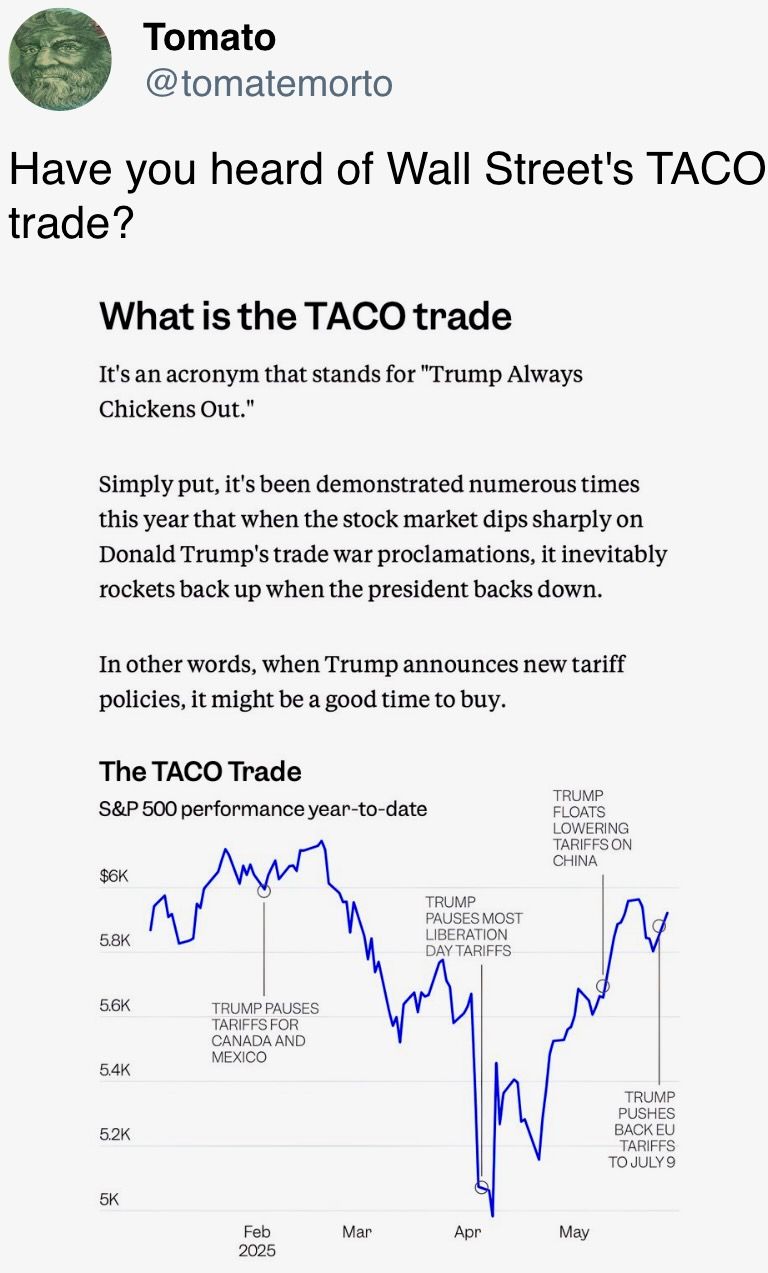
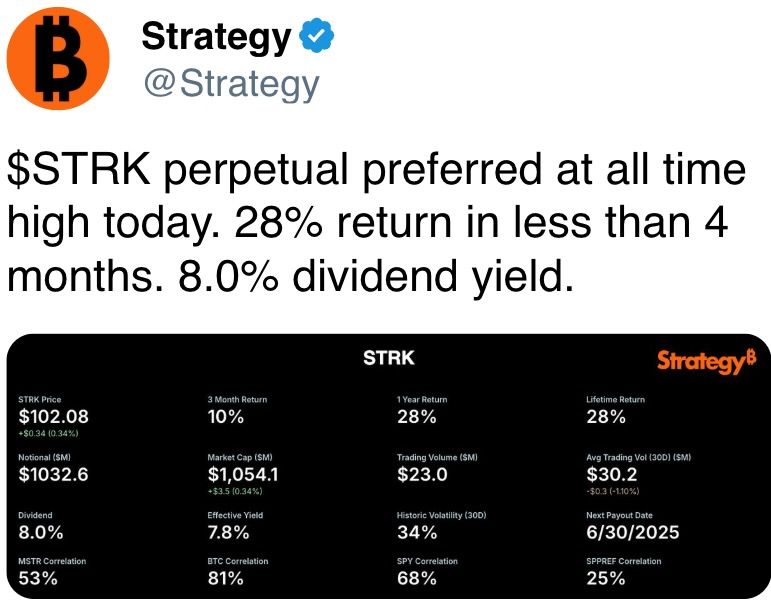
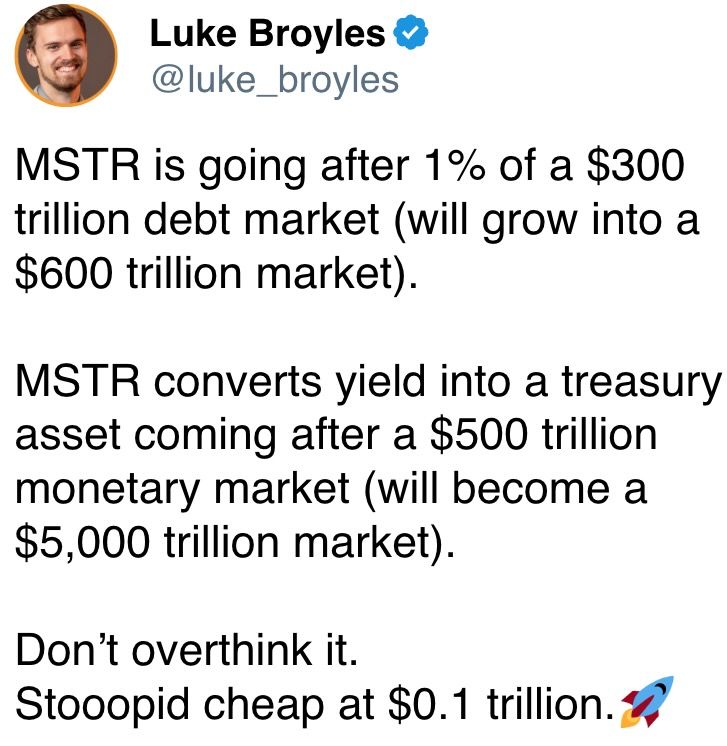
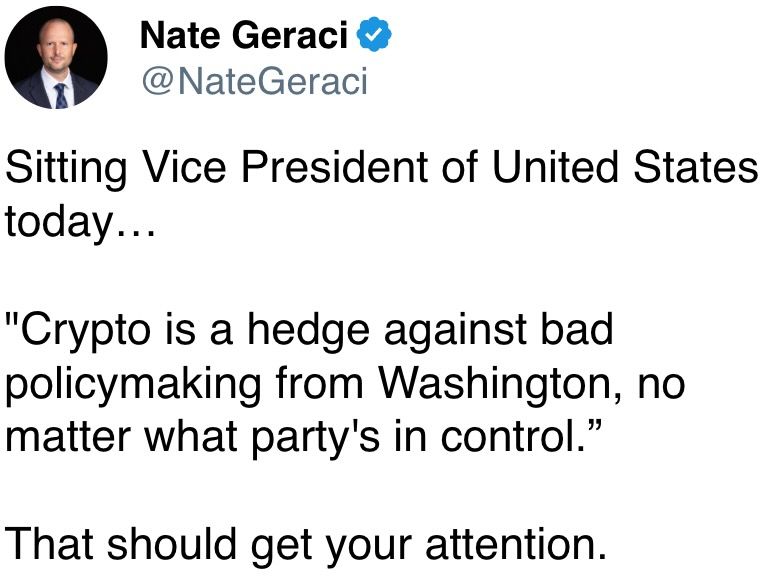
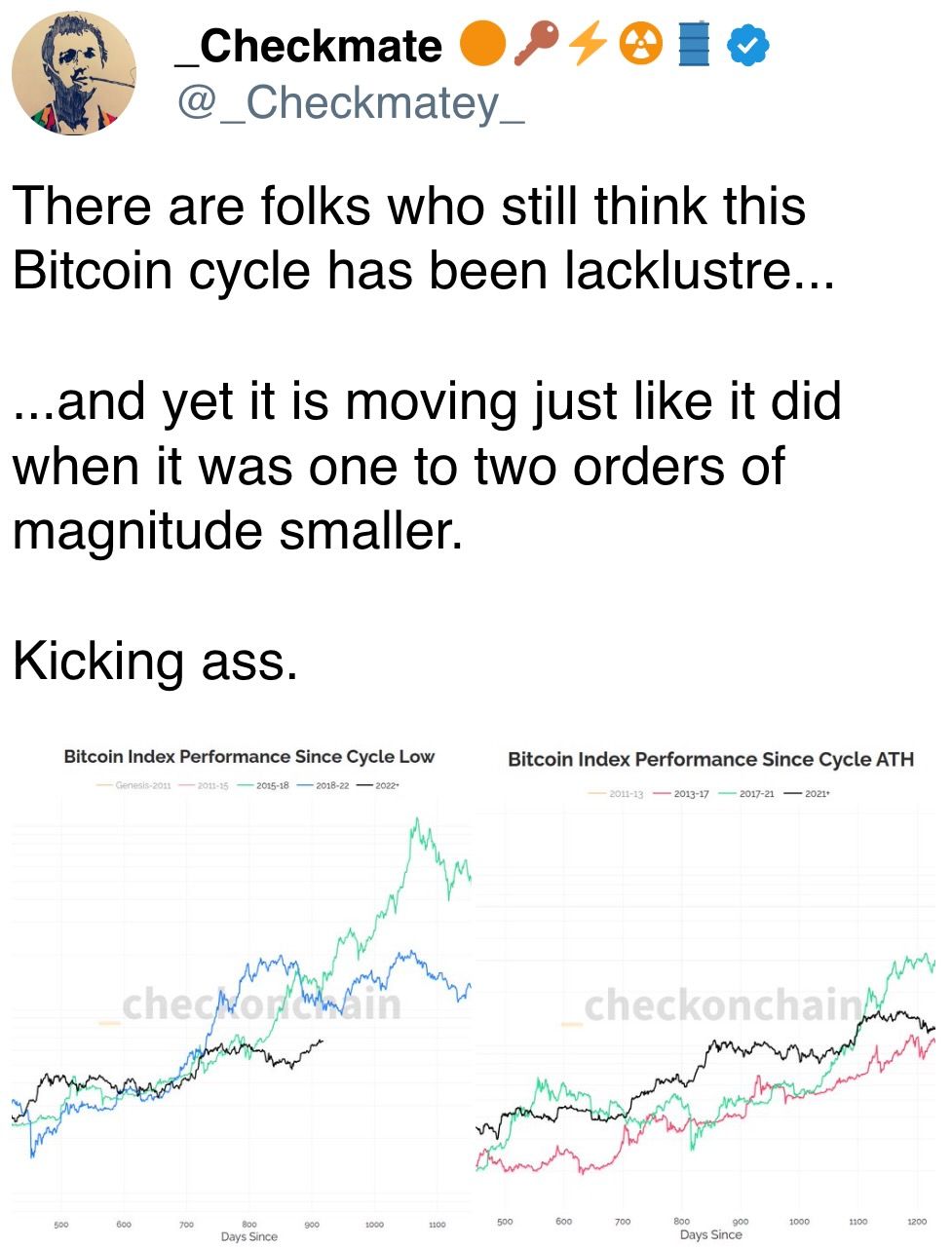
Uncategorized
Has Bitcoin Peaked? BlackRock BTC Spot ETF Traders Lose Appetite for Upside

Bitcoin BTC has mostly traded sideways since printing record highs above $110,000 last week.
The loss of upward momentum is now accompanied by signs waning bullish sentiment among market participants trading options tied to BlackRock’s spot bitcoin exchange-traded fund (ETF).
That’s evident from the one-year put-call skew, which reflects how the market prices in volatility risk for put options, offering downside protection relative to calls, representing bullish bets. Negative values represent a bullish bias while positive values suggest fears of downside.
IBIT’s one-year skew has bounced to nearly zero from the four-month low of minus 3.8 two weeks ago, according to data source Market Chameleon. In other words, IBIT options traders are no longer chasing upside via options.
Perhaps they are expecting a pullback. Similar mood is evident in Deribit-listed options where the short-term call skew has weakened, meaning calls expiring in the next two weeks are trading at par with puts, according to data source Amberdata.
Read more: Bitcoin’s $95K-$105K Range in Focus as $10B BTC Options Expiry Looms
Uncategorized
Crypto Exchange Bybit Granted MiCA License in Austria

Crypto exchange Bybit has been granted a license in Austria in compliance with Europe’s framework for dealing in digital assets, the Markets in Crypto Assets (MiCA) regime, according to the website of the local regulator FMA.
Europe’s new MiCA rules came into force at the start of this year, prompting firms to select the most appropriate member state to base operations and passport services across the 27-country trading block.
Austria is also the MiCA home base of crypto trading firm Bitpanda which also holds a licence in Germany.
Founded in 2018 by entrepreneur Ben Zhou, Bybit, which has risen to become the second largest exchange by volume according to CoinMarketCap, is based in Dubai having moved its headquarters from Singapore in 2022.
In February 2025, the exchange was hacked resulting in the loss of $1.5 billion in assets in the largest cryptocurrency theft on record.
Bybit did not immediately respond to requests for comment.
-

 Fashion7 месяцев ago
Fashion7 месяцев agoThese \’90s fashion trends are making a comeback in 2017
-

 Entertainment7 месяцев ago
Entertainment7 месяцев agoThe final 6 \’Game of Thrones\’ episodes might feel like a full season
-

 Fashion7 месяцев ago
Fashion7 месяцев agoAccording to Dior Couture, this taboo fashion accessory is back
-

 Entertainment7 месяцев ago
Entertainment7 месяцев agoThe old and New Edition cast comes together to perform
-

 Business7 месяцев ago
Business7 месяцев agoUber and Lyft are finally available in all of New York State
-

 Sports7 месяцев ago
Sports7 месяцев agoPhillies\’ Aaron Altherr makes mind-boggling barehanded play
-

 Entertainment7 месяцев ago
Entertainment7 месяцев ago\’Better Call Saul\’ has been renewed for a fourth season
-

 Sports7 месяцев ago
Sports7 месяцев agoSteph Curry finally got the contract he deserves from the Warriors





